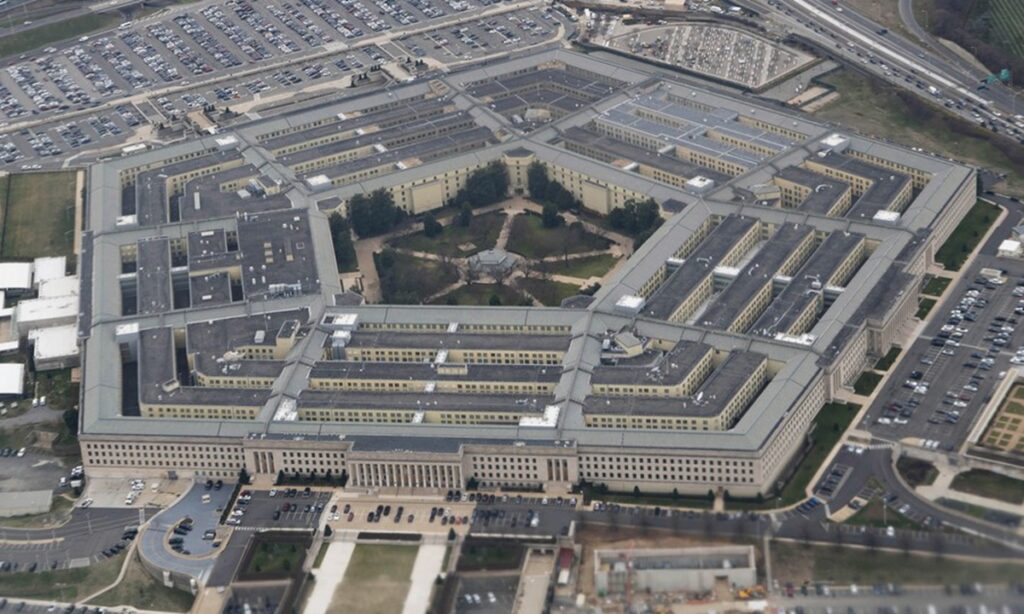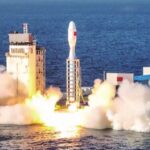The US Department of Defense’s hyping of 2023 being a “decisive year” in the “Indo-Pacific region” is filled with Cold War mentality and exposes its aggressiveness toward China, analysts said on Thursday, after the Pentagon on Wednesday released a fact sheet summarizing its work in the region.
“In this decisive decade, 2023 will be remembered as a decisive year for implementing US defense strategy in Asia,” US Secretary of Defense Lloyd Austin said in a news release by the Pentagon on Wednesday.
Taking the form of a fact sheet, the Pentagon release rounded up some of its “achievements” in the past year with allies and partners to make the US forces’ posture in the “Indo-Pacific region” “more mobile, distributed, resilient, and lethal,” including forward stationing key US military units to Japan, sending more submarines and warplanes to Australia, gaining access to four new military bases in the Philippines, concluding a defense cooperation agreement with Papua New Guinea, and increasing strategic asset rotations such as submarines and bombers to the Korean Peninsula.
The Pentagon outlined its billions of dollars of investments in procurement and development in military capabilities as well as in the Pacific Deterrence Initiative, its support of Japan’s decision to acquire missiles that can strike another country, an AUKUS nuclear-powered submarine and defense industrial base cooperation with Australia as well as bolstering of India’s defense modernization plans.
It also summarized some of its exchanges with countries in the region, including joint exercises with the Philippines, Indonesia, India, Japan, Australia and South Korea.
While the Pentagon did not mention China by name, most of the actions mentioned in the fact sheet target China, observers said.
“If you put the locations named in the list on a map, you can clearly see the US military is forming a strategic encirclement taking advantage of footholds in the form of its allies and partners,” a Chinese military expert who requested anonymity told the Global Times on Thursday.
Many of the so-called achievements are very sensitive and can lead to or have already resulted in serious consequences, the expert said, citing as examples the danger of Japan abandoning its post-war “self-defense only” principle, the AUKUS nuclear-powered submarine plan risking nuclear proliferation, and the US’ support for the Philippines inciting the Southeast Asian country to repeatedly provoke China over Chinese islands and reefs in the South China Sea, causing tensions in the region.
These aggressive moves are reflections of the US’ Cold War-mentality and its pursuit of military hegemony through bloc confrontation, which will only harm peace and stability in the region and the world, the expert said.
(Global Times)




